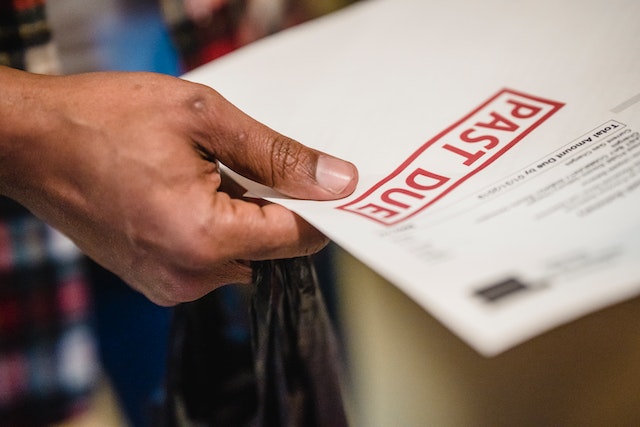
When you owe a debt, it can feel like the weight of the world is on your shoulders, as you may receive continual calls, emails, and letters telling you the money is past due. When the communication reaches a point where it constitutes harassment, it can feel like you have nowhere to turn. However, many people rely on the Fair Debt Collection Practice Act (FDCPA). Unfortunately, unless the harassment is coming from a third-party debt collector, this law may not be able to help. The following blog explores the FCDPA in further detail and how to handle harassment from original creditors with the help of a San Diego County debt collection harassment lawyer.
What Is the FDCPA?
The FDCPA is a federal law that regulates how third-party debt collectors can interact with consumers and debtors. Generally, the main purpose of the law is to prevent abusive and unfair behavior toward consumers by outlining a list of actions that third-party collectors cannot engage in. This includes, but is not limited to, the following:
- Making repeated phone calls in a short period of time
- Calling before 8 a.m. and after 9 p.m.
- Using vulgar or foul language
- Making threats
- Pretending to be a member of law enforcement or an attorney
- Misrepresenting the amount owed by the debtor
- Threatening to arrest you
- Disclosing your status as a debtor to anyone other than you or your attorney
Violations of the FDCPA can result in the victim receiving statutory damages and compensation from the collector and their agency.
Will the FDCPA Protect Me From My Original Creditors?
In general, the FDCPA does not apply to original creditors, but only to third-party debt collection agencies. As such, the protection granted by this act is only applied once your debt has moved to collections and is no longer being pursued by the original creditor
However, California has taken these matters one step further. California, along with a handful of other states, has adopted its own version of the FDCPA, called the Rosenthal Fair Debt Collections Practices Act, which is an expansion of the federal law to provide additional protection to consumers in California.
Under the RFDCPA, the definitions of “debt collector” are much broader, which allows for original creditors to be prohibited from harassing those in debt. As such, if you are the victim of any of the unfair collection practices in the federal FDCPA at the hands of your original creditors, including your bank or credit card company, you can seek legal action under the RFDCPA in California.
If you have experienced harassment from a creditor or collector in California, it’s in your best interest to connect with an experienced attorney from Barthel Legal as soon as possible. Our team understands how complicated these issues can be, which is why we are dedicated to helping you receive the best outcome for your circumstances. Contact us today for additional information.

